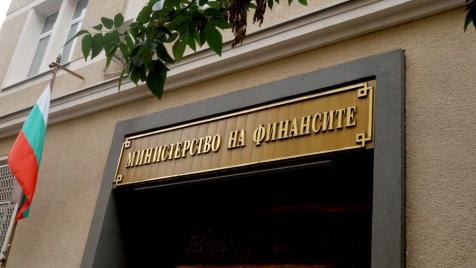Bulgaria's trade deficit continues to grow
The country still cannot return to the record highs of 2022

© ECONOMIC.BG / Depositphotos
Bulgaria's trade deficit continues to expand and for the first nine months of 2024, it reached 3.5 billion euros, or 3.5% of the estimated gross domestic product (GDP). For comparison, during the comparable period of 2023, it was 2.3 billion euros (2.4% of GDP), according to data from the Bulgarian National Bank (BNB).
The trade deficit means that Bulgaria imports more goods and services than it exports, and the growth in this indicator is partly due to the high base in 2022. At that time, the statistics showed that on an average day, Bulgaria exported goods worth 130 million euros and imported such for nearly 150 million euros. This high base for comparison, however, contributes to continuously deteriorating results as a result of deflation in certain goods and the reduced volume of orders.
Only for the month of September 2024, Bulgaria's trade deficit is negative to the tune of 539.8 million euros, compared to a deficit of 287.8 million euros recorded in August. For comparison, in September 2023 the deficit was 228.2 million euros.
The reason for the movement is the growth of exports, which significantly exceeded that of imports - in September, the export of goods was 3.4 billion euros, which is 6.7% less compared to a year earlier. Imports, meanwhile, were 3.9 billion euros, or 1.7% more than the previous year.
The situation is no different as far as direct foreign investments in Bulgaria are concerned, according to preliminary data from the BNB. The net flow of direct investments by the end of the third quarter was 1.2 billion euros, which is 2.1 billion euros, or 63.3% less than a year earlier. At the same time, there is no particular change in the main source countries of funding. The largest net positive flows of direct investments in Bulgaria for the period under review came from Austria, the Netherlands and Greece.
Translated by Tzvetozar Vincent Iolov

 Simona Gotsova
Simona Gotsova 


